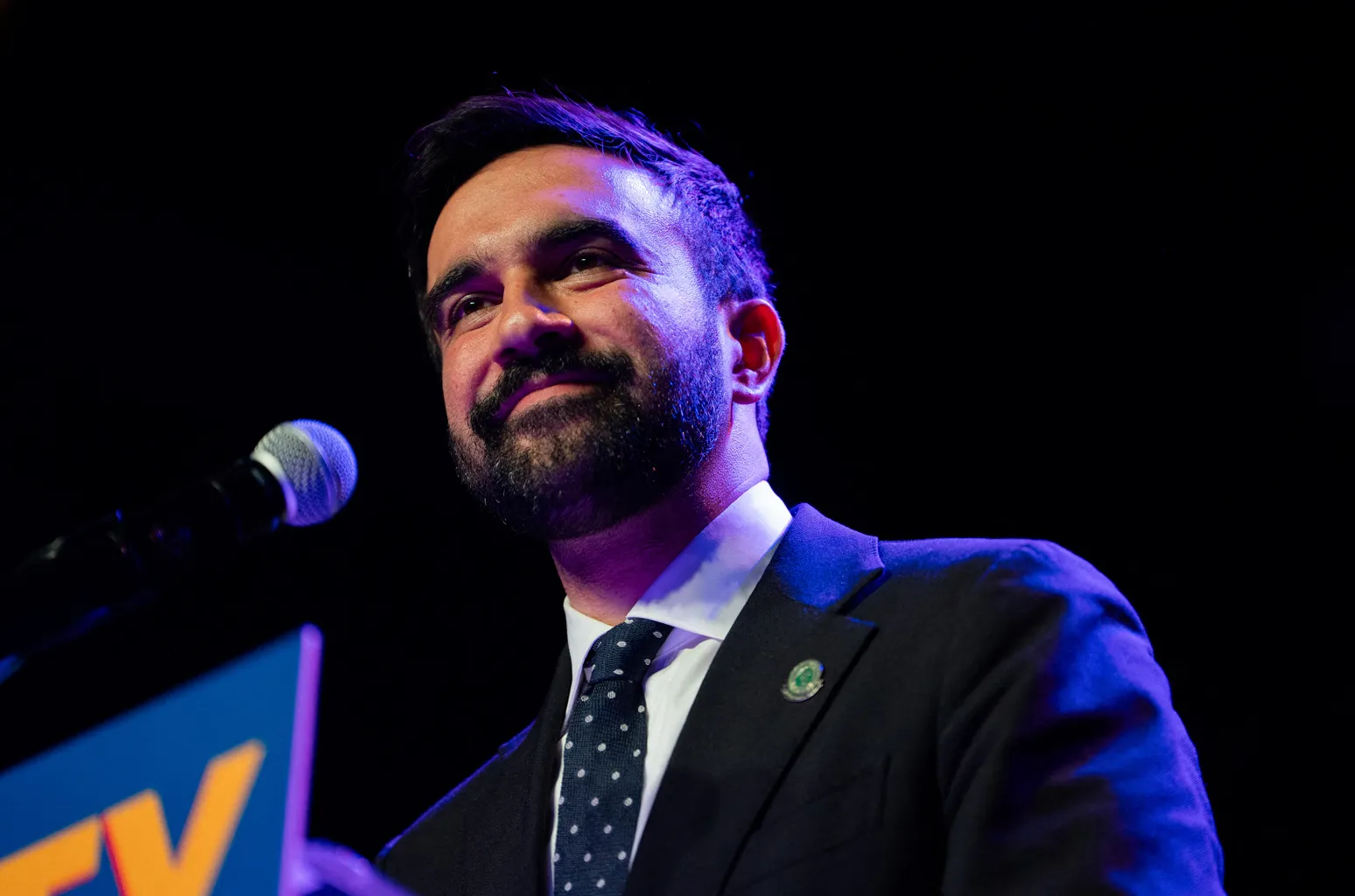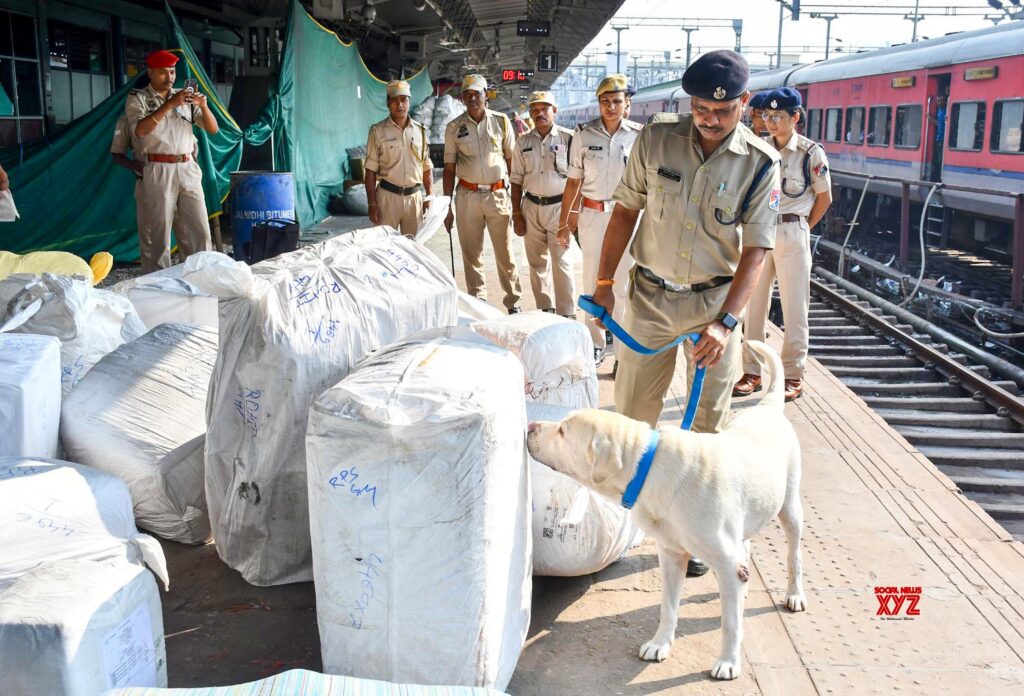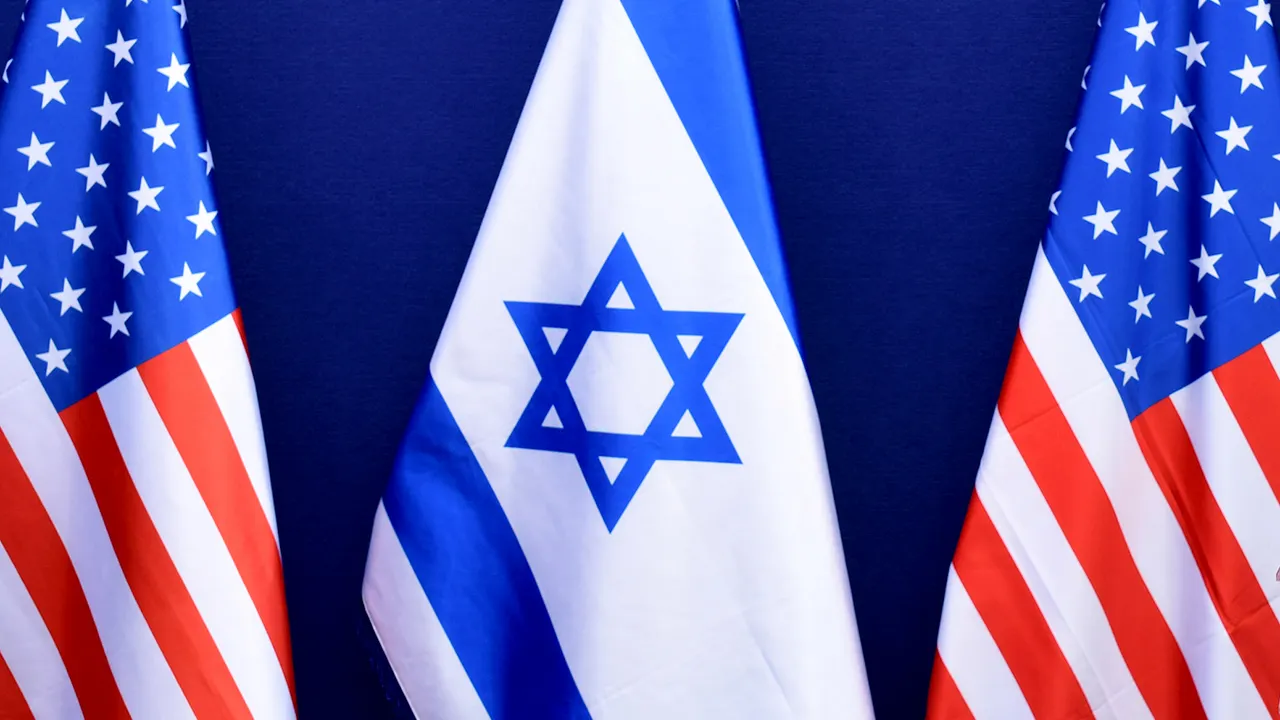Copyright timesofisrael

When Ukraine’s president Volodymyr Zelensky — once a television comedian — stood before the US Congress in wartime, the symbolism was striking. A former satirist, now head of state, embodied a truth of the 21st century: in politics, comedy is no longer the sideshow; it’s part of the main act. From the meme wars of Washington to the censored sketches of Cairo, laughter has become a form of diplomacy — an unruly, universal language of critique and courage. Satire occupies a paradoxical niche in geopolitics. It wields no armies, drafts no treaties, and commands no resources, yet it influences the legitimacy of those who do. A single sketch or cartoon can puncture a regime’s grandeur more effectively than a thousand-word analysis. Done well, satire transforms complexity into clarity and ceremony into caricature. It mocks the absurdities of authority and forces citizens to see what propaganda tries to conceal. From Jonathan Swift’s Modest Proposal to the latex lampoonery of Spitting Image, satire has long served as democracy’s mischievous conscience. But the 21st century globalized this function. In the West, satire operates as a civic ritual—a reminder that no power is sacred. Across the Middle East, South Asia, and beyond, it becomes a form of resistance: coded, precarious, and profoundly revealing of what societies cannot say openly. In Egypt, Al-Bernameg, the political satire show hosted by Bassem Youssef during the Arab Spring, achieved that rare fusion of humour and revolution. Modeled after The Daily Show, it dared to lampoon presidents and generals alike. For a brief, electric moment, millions of Egyptians watched a surgeon-turned-comedian turn fear into laughter. When the program was shut down in 2014 under political pressure, it proved what autocrats already knew—that a joke can threaten a regime more than a march. Across South Asia, similar tensions persist. Indian comedians who satirize nationalism or religious zeal can face legal harassment and digital vilification. In Pakistan, satire survives largely on YouTube, where creators such as Shehzad Ghias or Ali Gul Pir cloak political critique in absurdity to avoid reprisal. In these spaces, laughter becomes encrypted dissent, a way to speak truth without naming it. Western satire faces a subtler dilemma. Here, the threat is not censorship but saturation. The deluge of irony, memes, and late-night monologues has dulled its edge; when everything is already absurd, exaggeration loses its bite. Yet even in irony fatigue, satire retains geopolitical relevance. Saturday Night Live sketches, The Late Show monologues, or British programs like Have I Got News for You shape how foreign audiences perceive Western politics. This is soft power through self-mockery: nations demonstrating that they can laugh at their own leaders. Europe’s satirical tradition, from Private Eye to Charlie Hebdo, has become a flashpoint in the clash between free expression and cultural sensitivity. What one society celebrates as fearless irreverence, another condemns as blasphemy or insult. The 2015 Charlie Hebdo attacks revealed a global fault line between satire as critique and satire as provocation. In a connected world, irony travels faster than context, and laughter can ignite outrage thousands of miles away. Digital platforms have further blurred these boundaries. A meme conceived in New York can be reposted in Tehran within seconds, stripped of nuance and repurposed as propaganda. Satirists have become accidental diplomats, their jokes interpreted through political lenses they never intended. And with the rise of artificial intelligence, parody now merges uneasily with disinformation: deepfake satire can mimic politicians so convincingly that laughter and deception become indistinguishable. The satirist’s moral clarity is under siege. Yet satire’s persistence across such landscapes signals resilience rather than despair. To laugh under repression is an act of courage; to laugh within a democracy is an act of renewal. Both affirm a shared instinct for perspective—a refusal to grant power absolute seriousness. In every society, satire functions as a moral barometer, measuring how much truth a government or culture can endure. States, too, have learned to weaponize humour. Ukraine’s wartime social-media strategy has used irony to expose Russian propaganda and rally global empathy. Western diplomats deploy memes to portray autocracy as brittle and absurd. Even in statecraft, laughter now competes with language as an instrument of persuasion. The implications are profound. Nations that tolerate satire project confidence; they reveal that their legitimacy can withstand mockery. This, in essence, is the deepest form of soft power—the ability to be self-critical in public. By contrast, regimes that criminalize jokes display insecurity, not strength. A government that fears laughter has already begun to lose its authority. Ultimately, satire reminds us that democracy is not merely a structure of law but a state of mind—a readiness to confront absurdity without violence. Whether voiced from New York, London, Beirut, or Mumbai, it reaffirms humanity’s most subversive right: to laugh freely. It is the whisper that punctures propaganda, the grin that outlives censorship, and the wit that turns despair into endurance. Where people can still laugh freely, democracy still breathes. And in a world increasingly governed by fear and spectacle, that may be the most revolutionary act of all. Appendix: Satire and State Power – Comparative Snapshot (2020s)



